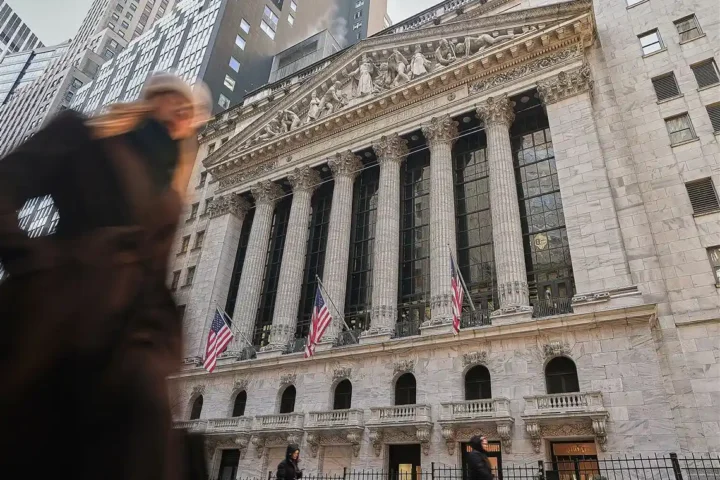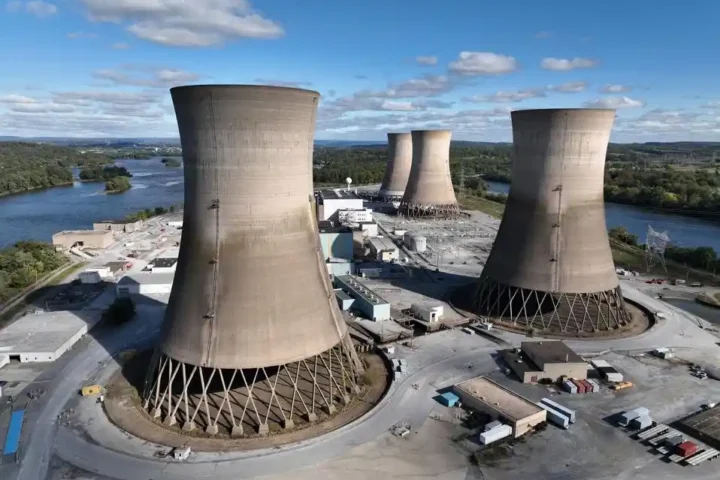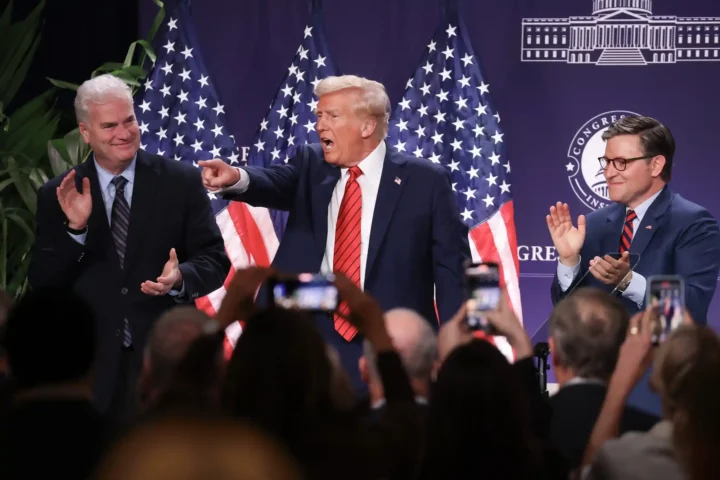Since the year 2000, immigrants have won an astonishing 40% of Nobel Prizes awarded to Americans. This statistic is not merely a figure to marvel at — it is a stark reminder of the deep and irreplaceable role immigrants play in shaping American innovation, economic growth, and global leadership. Yet, in an era when America needs talent, creativity, and bold ideas more than ever, current immigration policies risk extinguishing this vital source of national strength.
Take a moment to consider what this means: out of all Nobel Prizes Americans have won in the last quarter-century, nearly half belong to those born outside the United States. Scientists like Katalin Karikó, whose pioneering work laid the foundation for mRNA COVID-19 vaccines, stand as living proof of how immigrant minds drive breakthrough innovation. But this is only the tip of the iceberg. Immigrants represent just 16% of U.S. inventors, yet they generate nearly 25% of American patents, underscoring their outsized productivity and influence. These patents spark new industries, create jobs, and push technology forward—not just within immigrant communities, but across the entire economy.
The story of immigrant contribution extends far beyond science and technology. They launch almost half of all venture capital-backed startups in the U.S., fueling entrepreneurship and economic dynamism. Far from taking jobs away from native-born workers, immigrants often create new jobs, increase economic opportunities, and foster regional growth. High-skilled immigrants, in particular, serve as knowledge conduits, linking the U.S. to global innovation networks and ensuring continued competitiveness on the world stage.
Historically, America’s rise as a global leader was built on an open embrace of talent from every corner of the globe. Immigration policies in key moments—such as the Immigration and Nationality Act of 1965 and the Immigration Act of 1990—dismantled discriminatory restrictions and paved pathways for millions of skilled immigrants to contribute and flourish. But today’s policy trajectory is worrying. With heightened enforcement, restrictions on humanitarian admissions, and unprecedented deportation goals, the environment has grown hostile, confusing, and dangerous for immigrants—both documented and undocumented.
These policies do more than just create fear and anxiety. They shrink the pool of vital talent that America so desperately needs. A reduction in net immigration slows labor force growth and GDP expansion, affecting key sectors like agriculture, construction, and services that rely heavily on immigrant workers. It also risks driving away world-class scientists, engineers, and entrepreneurs at a time when other nations are competing fiercely to attract these minds.
The stakes could not be higher. As global competition for talent intensifies, losing immigrants to friendlier countries threatens America’s innovation edge, economic resilience, and strategic leadership. The same immigrants who have propelled medical breakthroughs, Fortune 500 companies, and cutting-edge research may simply choose to build their futures elsewhere.
In this moment, America stands at a crossroads. We can continue policies that stifle immigrant contributions and risk long-term economic and scientific decline. Or we can recognize the irreplaceable value immigrants bring and reform our immigration system to welcome and retain talent, creativity, and diversity.
The data is unequivocal: immigrants are absolutely integral to the American story of progress. They have won 40% of Nobel Prizes since 2000; they fuel a quarter of patents; they found nearly half of venture-backed startups. To maintain our nation’s promise and global leadership, we must ensure these brilliant minds feel welcome, supported, and free to innovate.
Closing the door on immigrants is closing the door on America’s future. The country that once welcomed the world’s dreamers and doers cannot afford to retreat now—our prosperity depends on it. Let this be a call to action for policymakers and citizens alike: to honor, protect, and unleash the power of immigrant contributions before it’s too late. The future of America’s innovation, economy, and global standing depends on it.











